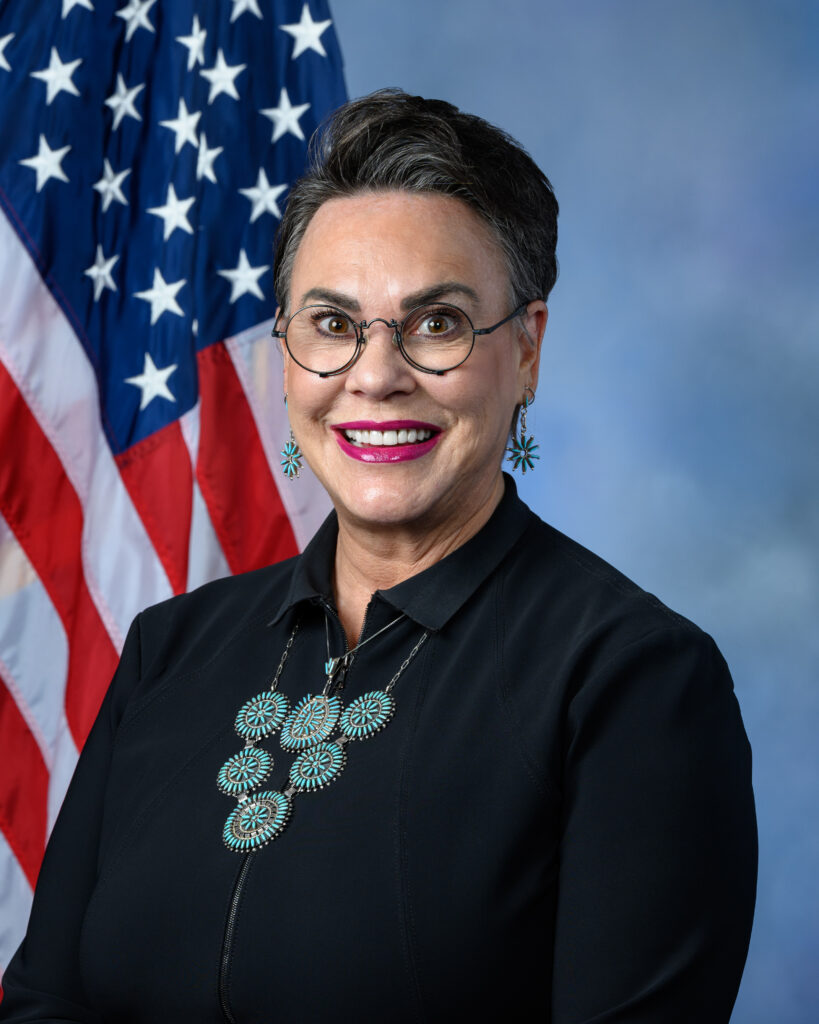Congresswoman Harriet Hageman is introducing the Regulatory Cooling Off Act, legislation designed to slow the onslaught of burdensome federal regulations and protect small businesses from overbearing government mandates.
As written, current law does little to protect small businesses from government agencies imposing rushed regulatory timelines that unfairly burden business owners. The Regulatory Cooling Off Act provides businesses with an extended timeline to comply with or challenge regulations while requiring government agencies to adopt a more deliberate approach, preventing them from forcing businesses into hasty compliance.
Representative Hageman states, “The Biden-Harris Administration has weaponized outdated regulatory laws to fuel unprecedented growth in the administrative state. This has allowed government bureaucrats to impose regulations on small business owners at an unsustainable pace, burdening small businesses with financial uncertainty and excessive costs. The Regulatory Cooling Off Act introduces critical reforms to slow the regulatory process, enhance regulatory transparency, and establish a fairer review system. It ensures that businesses—especially small ones—have the time and tools they need to comply with or challenge rules that threaten their livelihoods.”
Background
Under the Biden-Harris Administration federal regulatory costs have soared, with Americans now paying over $2.1 trillion annually to comply with federal regulations. This amounts to a hidden regulatory tax of $15,788 per U.S. household, which consumes 17% of household income and 22% of household expenses, straining families and small businesses alike.
The outdated Administrative Procedure Act, enacted in 1946 and largely unchanged since, has enabled the rapid growth of a politically driven administrative state. During its tenure, the Biden-Harris Administration has imposed $1.7 trillion in additional regulatory costs—more than 50% of the combined regulatory burden from all prior administrations. This unprecedented increase has left small businesses struggling to survive in an increasingly overregulated economy shaped by Washington bureaucrats.
The Regulatory Cooling Off Act is a critical step toward restoring balance between businesses and regulatory agencies, providing much-needed relief to small businesses and protecting them from further harm.










